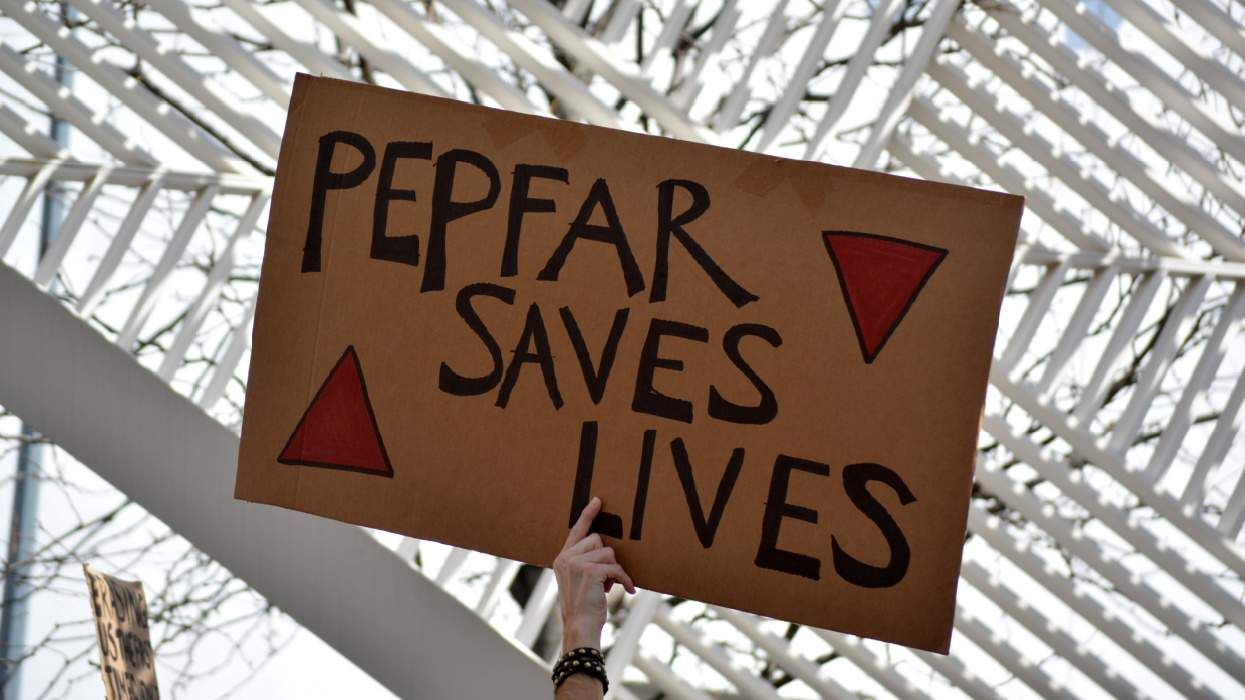A person who has
reason to believe he or she is HIV-positive may be sued
by sexual partners if they become infected, the California
supreme court ruled on Monday, broadening the state's
view of when liability arises from the disease.
Knowingly passing along HIV, which leads to AIDS, is
already illegal in California, and people who do so may be
sued for damages in state court. This decision means
people could be liable even if they do not know for
sure they have HIV but have engaged in activities that
put them at risk.
In their
decision, a majority of the court's justices held that they
"cannot agree that persons who have reason to know they are
infected with HIV, a gravely serious disease with no
known cure, should be subject to a lesser duty of care
than persons who have reason to know they are infected
with other sexually transmitted diseases."
"In sum, we are
not persuaded that California should be the first
jurisdiction in the country to limit liability for the
negligent transmission of HIV only to those who have
actual knowledge they are HIV positive," the majority
held.
Their decision
addressed a lawsuit involving a married couple in which
the wife and husband were both infected with HIV. Each
charged the other with transmitting the disease.
The wife is
seeking evidence from her husband's sexual history to
establish he had reason to know of infection. (Reuters)




































































Charlie Kirk DID say stoning gay people was the 'perfect law' — and these other heinous quotes